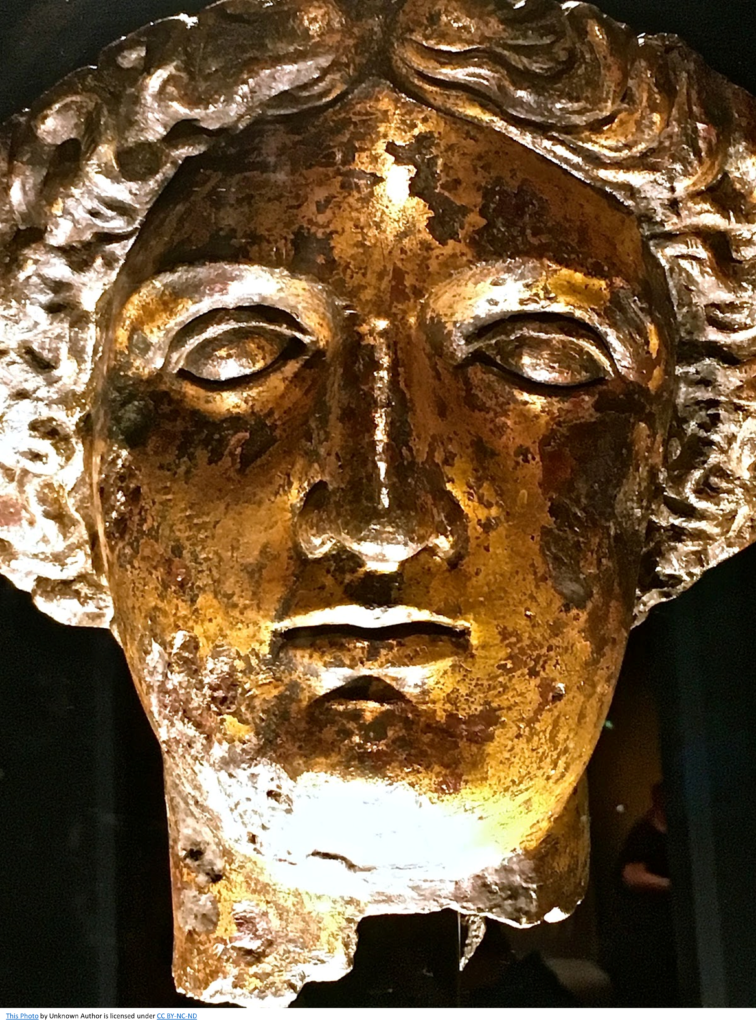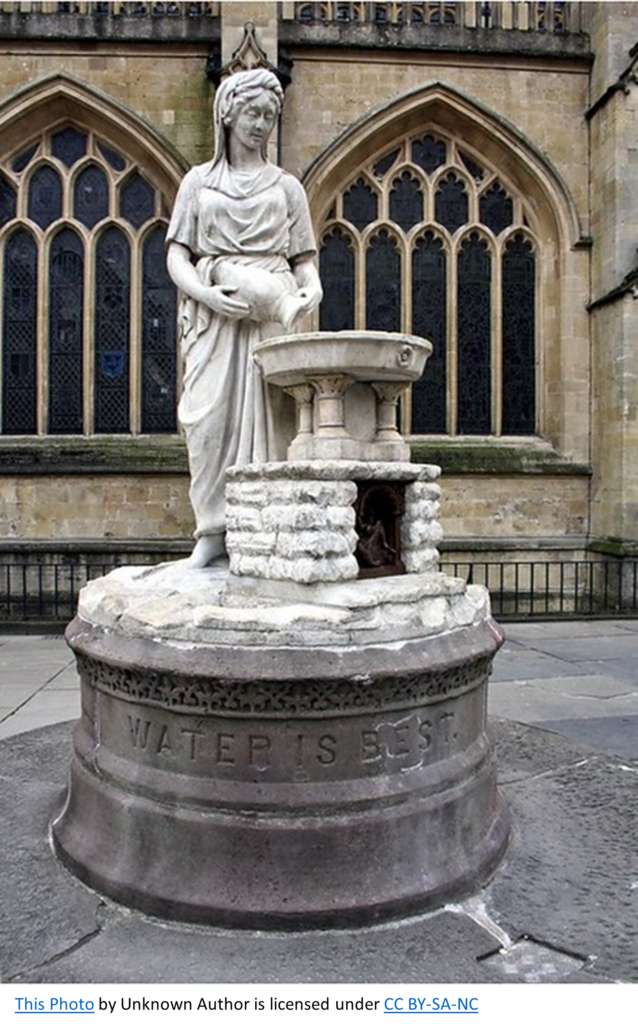In ancient Roman times, public bathing was an essential part of the daily life, and the goddess Sulis was associated with the healing properties of these communal swimming pools. The city of Bland, known as Aquae Sulis during Roman times, was dedicated to the worship of Sulis, who was believed to reside in the thermal waters flowing from the surrounding hills.
Swimming Pool Goddess, Aquae Sulis
Sulis was a powerful goddess worshipped throughout the Roman Empire, but her role as the goddess of baths (swimming pools) was vital in Britain. The Roman baths in Bath were a place of healing and relaxation, and the worship of Sulis was closely tied to the therapeutic properties of the thermal waters that flowed into the city.

similar article Women in the Pool Industry
The Romans believed that Sulis was responsible for the healing powers of the pools, and they built an impressive temple complex in her honor. The temple was one of the largest and most elaborate in Roman Britain, and it was dedicated to the worship of Sulis and the god of the sun, Apollo.
The temple complex was built around the Sacred Spring, which is the dwelling place of Sulis. The spring water was supposed to have healing properties, and it was used for both drinking and bathing. The Roman baths in Bath were designed to take advantage of the thermal waters that flowed into the city, and they were fitted with a series of hot and cold pools that were believed to have different therapeutic properties.

An important Roman Goddess
The cult of Sulis was closely tied to the Roman military, and many soldiers visited the pools in Bath to take advantage of the healing waters. The temple complex was also a center of trade and commerce, attracting visitors from all over the Roman Empire.
Check out the Pool Girl Pro industry training group on Facebook
The worship of Sulis continued after the fall of the Roman Empire, and the goddess was absorbed into the pantheon of Celtic deities. The name Sulis is thought to be derived from the Celtic word for sun, and she was often associated with the sun god, Belenos.
A visit to Bath. England

Today, the Roman baths in Bath are a popular tourist destination, and visitors can still see the remains of the temple complex and the thermal pools built in honor of Sulis. The goddess of baths (swimming pools) may be a relic of ancient times, but her legacy lives on in the healing waters that continue to flow in the city .of Bath.
This Photo by Unknown Author is licensed under CC BY-SA-NC





